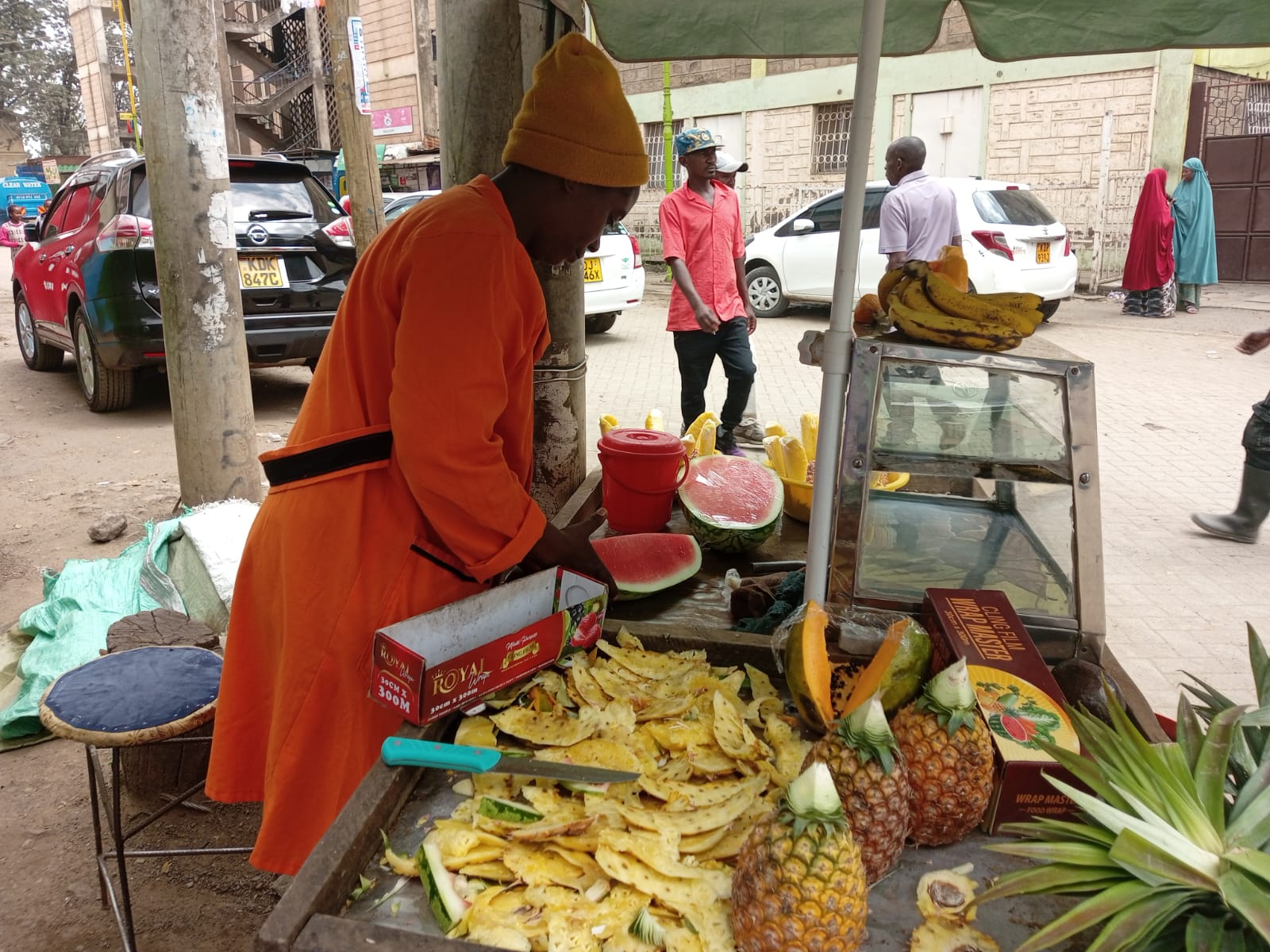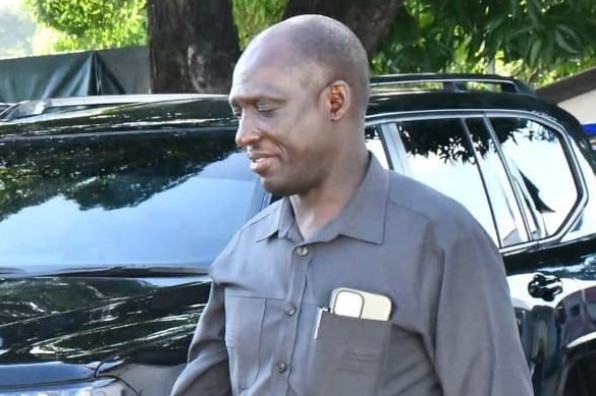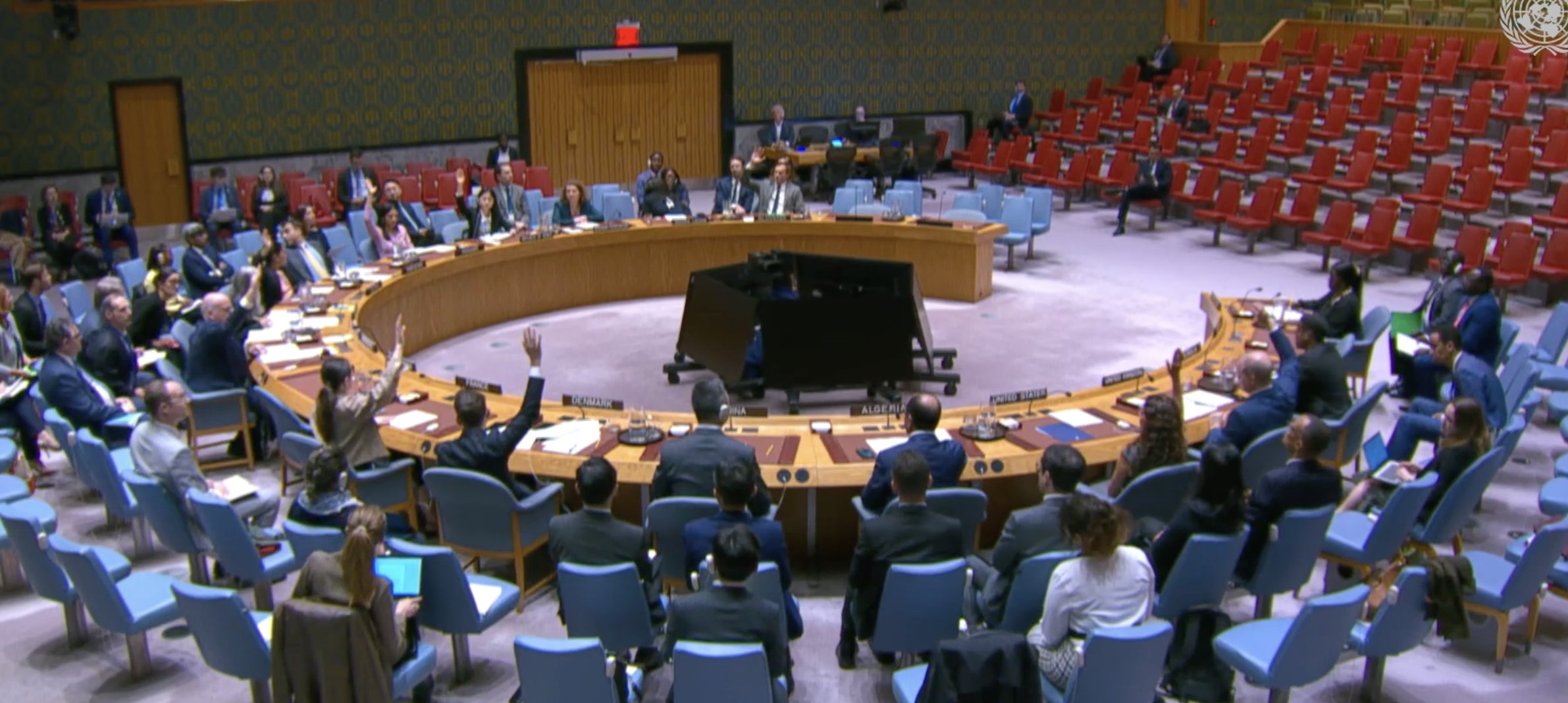Betting firms to finance rehabilitation of addiction victims under proposed gambling law

The government argues that it cannot continue shouldering the cost of addiction treatment while betting firms rake in billions in profits without taking responsibility for the social harm caused.
Betting firms may soon be required to channel part of their profits into a fund for rehabilitating gambling addicts, if a new government-backed Bill to tighten industry regulations is approved by Parliament.
The government argues that it cannot continue shouldering the cost of addiction treatment while betting firms rake in billions in profits without taking responsibility for the social harm caused.
More To Read
- Digital creators push back on new gambling advertising guidelines
- Outdated laws, illegal sites threaten betting oversight despite Sh96.7bn revenue
- State bans celebrities, influencers from gambling ads in sweeping reforms
- Gambling crackdown: Communications Authority issues 12-hour warning to defiant broadcasters
- Court upholds Sh256 million seizure from Mozzartbet, declares funds proceeds of crime
- Betting firms may be rigging outcomes to avoid paying taxes, MPs warn
The proposal is among key reforms contained in the Gambling Control Bill of 2023, which is currently under review by the National Assembly’s Sports and Culture Committee.
The Betting Control and Licensing Board (BCLB), while presenting the proposals to the committee, said the legislation is essential to curbing the growing betting craze, especially among young people.
According to BCLB Director Peter Mbugi, the government should no longer be left to carry the burden of helping gambling addicts alone, while betting companies continue to thrive financially.
“It is unreasonable for the government to bear the cost of helping gambling addicts while betting companies continue to enjoy billions in profits,” Mbugi said.
“In Kenya, helping those addicted to gambling has been left solely to the government, with betting companies claiming they’ve paid taxes. Why should the government use its resources to solve a problem it didn’t create? Betting firms must be held responsible.”
He noted that similar frameworks already exist in countries like the United Kingdom and could be replicated in Kenya to ensure betting companies play a direct role in addressing addiction.
One bet per day
The board is also advocating for additional clauses in the Bill to empower it with advanced digital tools that would limit individuals to just one bet per day, regardless of the platform they use.
“For example, if someone places a Sh50 bet on one site, they should be barred from placing any further bets that day. This is meant to curb addiction and prevent excessive gambling,” Mbugi said.
The proposed approach, referred to as a “cooling system”, would allow gamblers a mandatory break period before placing another bet. The exact duration of the cooling period would be determined by Parliament.
To implement it, BCLB is proposing the installation of a centralised monitoring system capable of tracking betting activity across all platforms in real time.
“There’s very little we can do without this monitoring system,” Mbugi explained, adding that the system would require strong legal backing from Parliament due to the level of access it would grant into betting firms’ operations.
Enforcement powers
The board is also pushing for more enforcement powers, including the authority to impose fines on operators who fail to comply with the law.
“We have no funds for enforcement. As we speak, we cannot carry out field operations to monitor betting firms. Our job is not just sitting in the office—we need to be on the ground,” he said.
Mbugi disclosed that an earlier attempt to raise the legal betting age from 18 to 24 years was opposed, with the majority view being to maintain the current age limit.
He also decried the outdated nature of the current legal framework, pointing out that the Betting, Lotteries and Gaming Act was enacted in 1966 and is no longer suited to today’s digitised gambling industry.
“Betting is no longer done in brick-and-mortar establishments. It’s now online, on our phones. We need to shift from 1963 to 2023. That’s how critical this new law is,” he said.
He also cited inadequate penalties, rapid technological change, and budget constraints as key hurdles in the board’s oversight efforts.
Committee Chairperson Dan Wanyama said the proposed reforms were “critical and reasonable,” and promised that the committee would give them serious consideration.
“We are working to finalise the Bill as soon as possible. It could even be assented to by the President next week. So it’s crucial we assess these proposals carefully,” Wanyama said.
Top Stories Today













































